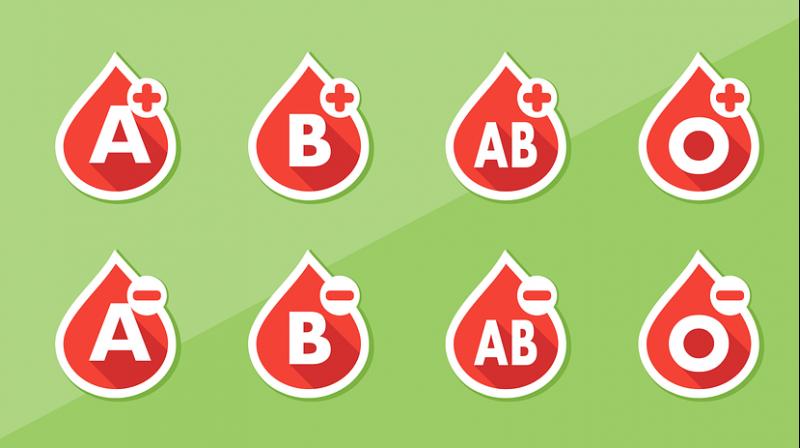World Blood Donor Day: Save lives, be a donor
Blood donation can save several lives, do your bit and donate blood.

Humankind has furthered considerably when it comes to medical science. But till today, it has not been successful in replicating one of the most important things- blood. When the body requires blood, the only way it can be obtained is through blood donation done by others.
Blood donation is critical for those haemorrhaging, or those who have met with an accident and are losing blood. It is even more important for complicated pregnancies like ectopic pregnancies, children with anaemia, cancer patients and those undergoing medical procedures and surgeries.
People suffering from medical conditions like Thalassemia and sickle cell disease need blood transfusions on a regular basis to live a healthy life. Blood groups must be compatible for donation or else can lead to clotting of the blood and other health complications, reported The Quint.
Blood can only be stored for a short amount of time after donation and if it is not used in that span of time, it is discarded. Therefore, it is important to maintain a constant supply of blood from healthy donors to ensure that the right kind of blood is available to patients in the time of need.
The real plight is of people suffering from rare blood groups. A rare group is found in 1 in1,000 people but some blood groups like Bombay “Oh” are even rarer and is found only 1 in 7,600 people in Mumbai. If you are healthy and have a rare blood, group, it would be a good idea to donate blood, for you never know when someone could need it- a mere 1 unit of blood can save up to three lives.
Donating blood is not only something good that we do for society, but is also beneficial for our own health. Here are a list of do’s and don’ts for blood donors.
- It improves your cardiovascular health and can keep heart disease at bay. It can also lower your risk of lung, stomach, colon and liver cancer.
- Donating blood regularly encourages your body to produce new blood cells. In just 2-3 months, your body will replenish all the RBCs that you donated.
- You can avail a free health check-up when going to donate blood, the hospital will screen you for ailments before accepting the donation.
- If you have an O- blood group, please keep in mind that it’s a universal donor and is used in emergencies before the patient’s blood type can be identified.
- Do not donate blood if you are pregnant or on your period. Blood donation is also not done when one is on antibiotics. Also, be honest about your medical history before donating. If it is unsuitable, they will reject the blood and you would end up wasting your own blood.

